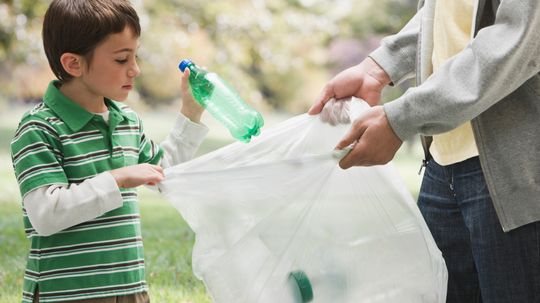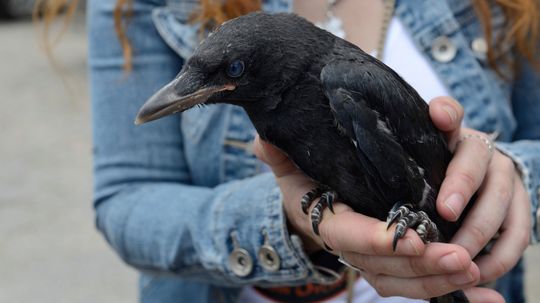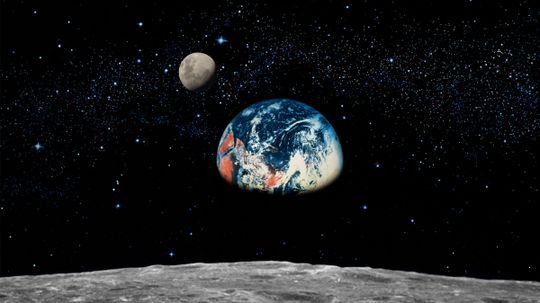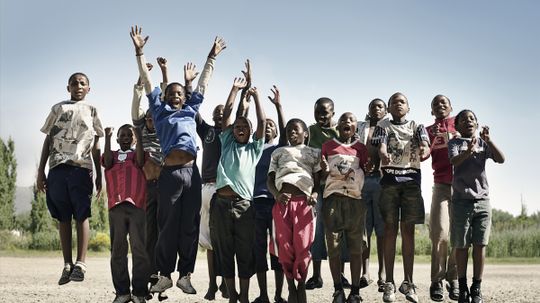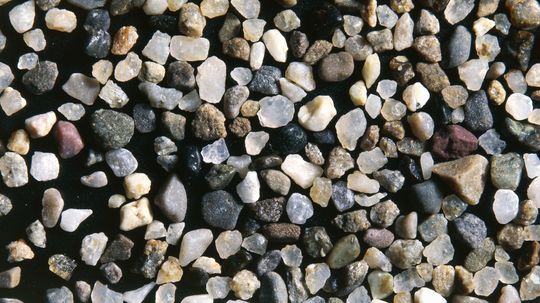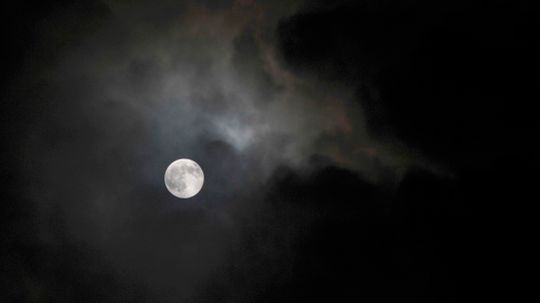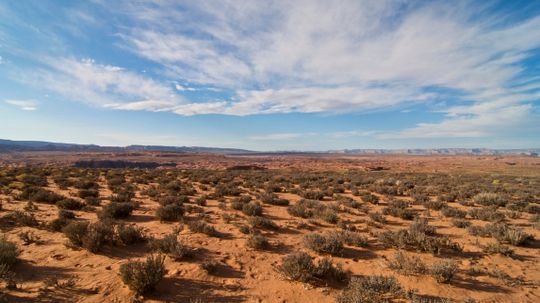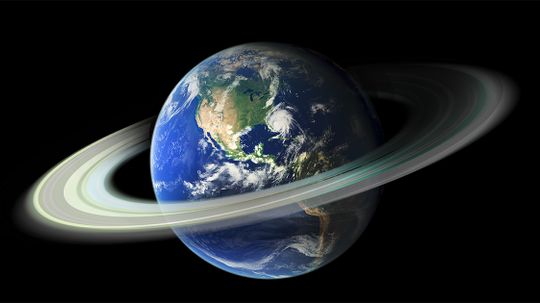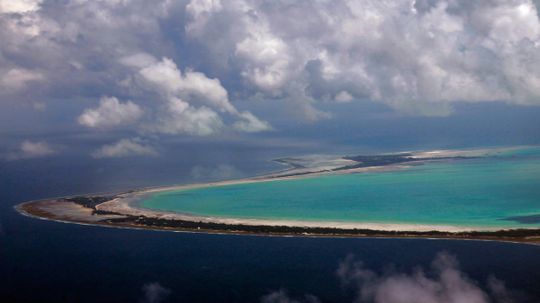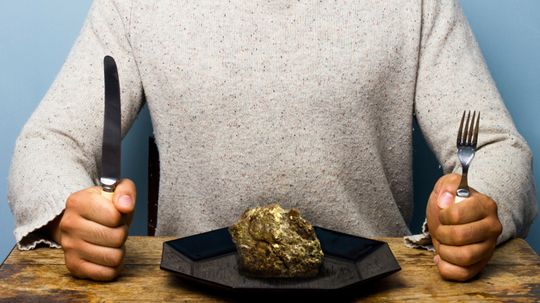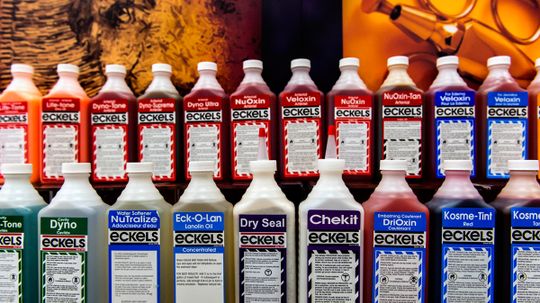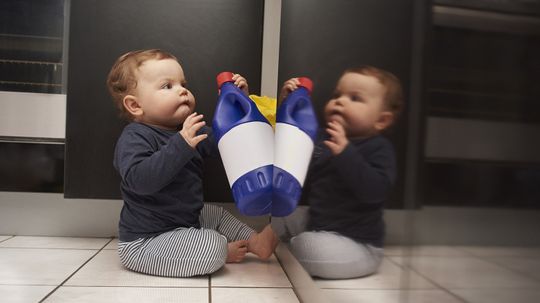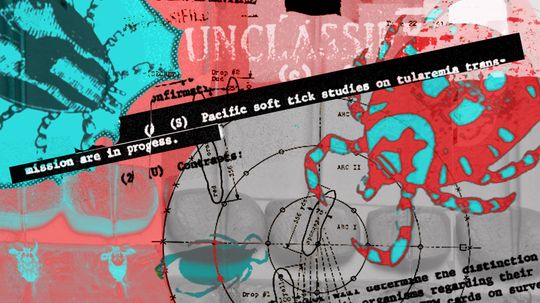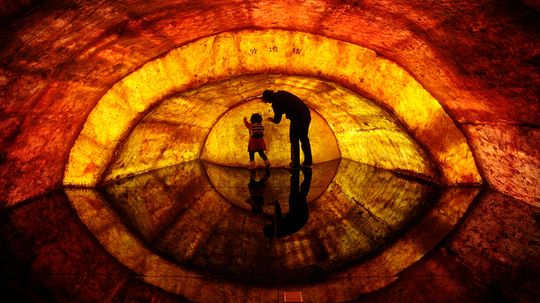What If
What if you never aged? What if dinosaurs were alive today? Explore the hypothetical with these and more 'what if' scenarios.

Top 10 Ghost Tours

Top 10 Hotels That Will Scare the Daylights Out of You

What's So Scary About The Winchester House Story?
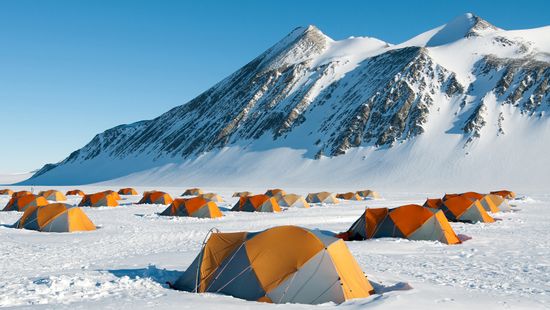
The Pyramid in Antarctica Isn't Actually a Pyramid
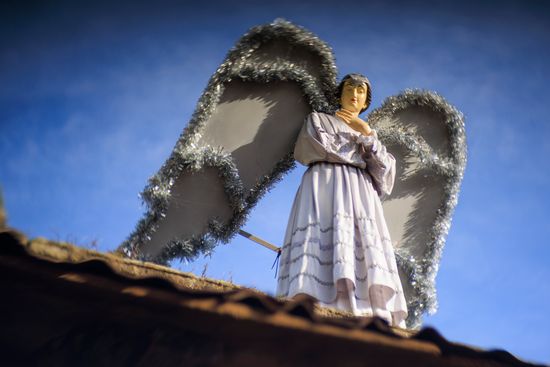
The Spiritual Awakening Signaled by the 757 Angel Number

8888 Angel Number Meaning: Prosperity, Abundance, and Spiritual Growth

Spirit Guides Bring Believers Comfort, Insight, and Aid

Psychic Powers: Fun to Consider, Even Without Scientific Support

How to Manifest Love: Merging Mind and Heart
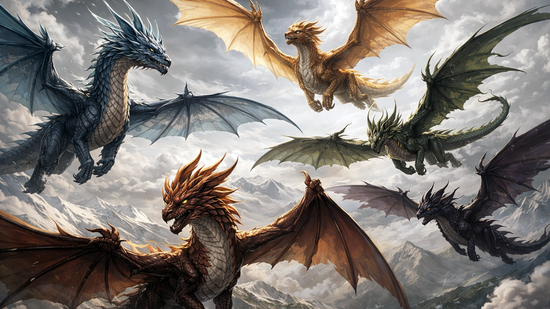
What Is a Group of Dragons Called? It's Almost Too Obvious

The Beast of Bray Road: Wisconsin's Claim to Cryptid Fame

Lougawou: A Haitian Vodou Werewolf

Do Marfa Lights Come From UFOs, Cars, the Military or Ghosts?

Solfeggio Frequencies: Healing Tones or Pseudoscience?

Is Sacred Geometry Related to Science or Is It Simply Beautiful?
Learn More / Page 2
If you don't recycle, you should. If you do recycle, you should do more. And what if everybody in the world started to recycle? At the very least, it would help us attack that enormous plastic patch in the middle of the ocean.
It's a strange thing to think about, but have you ever wondered what would happen if the ozone layer suddenly wasn't there? Here's a hint: Getting a bad sunburn would be the least of your problems.
Remember learning about photosynthesis when you were a kid? Let's pretend for a moment that this vital process could somehow permanently stop. How tough would it be to continue to live on this Earth?
Advertisement
Our early ancestors, enjoying the effects of rotten fruit, had stumbled onto something big. How did alcohol serve as a nutrition source and, some believe, help motivate hunters to take up farming?
There'd be some sacrifices. But bird-people society would have its advantages: interchangeable parents, sophisticated gardening skills and a close relationship with trees.
Income inequality contributes to societal ills. Would mandating equal paychecks for all improve the situation or lead to work-shirking and massive government?
When it comes to eating certain questionable foods - like unrefrigerated potato salad - most of us know to stay far away. But what about moldy bread? If you cut the offending areas off, is it a risk worth taking or a ticking time bomb?
Advertisement
Say a guy mistakes "the Pill" for a breath mint. Is he going to have any lasting side effects if he takes one? What about if he took it regularly?
Tons of planets have more than one moon. Heck, Jupiter and Saturn have more than 50 each, and they seem to be doing just fine. So why is it that the idea of a second moon for Earth has scientists throwing up red flags?
Double the suns means double the suntan, double the solar energy and double the awesome sunsets, right? Well, not exactly. Having two suns might sound fun, but it would probably make for a pretty different environment here on Earth.
We all know what Viagra does and why men use it - not to mention how much money this particular prescription drug has made over the years. But does it improve sexual health for women, too?
Advertisement
The Earth is a pretty stalwart planet, having survived billions of years of punishment at the hands of asteroids and other cosmic bodies. But could it withstand more than 7 billion people jumping up and down in unison? Do we even want to find out?
China's government imposed mandatory IUDs and mass sterilizations, among other measures. That's some serious micromanagement. Was it necessary to avert a population disaster?
If minerals make up so much of the Earth, why would we ever face shortages? The availability of the resources we use to create products often depends more on our priorities than the planet's supply.
Assuming we got to keep the sun, how bad would be for travelers to not have these little guiding lights? And what else might have changed in history without stars?
Advertisement
People would look underground for water and maybe just stay there to escape the fiery hell on Earth's surface. But could humanity really last without the seas?
Sure, Saturn's luminous rings are a cosmic marvel, but did you know that Earth once had rings? If we still had them today, what would they look like?
Your dog just swallowed a plate full of chicken bones. Is he really in serious danger? The short answer: yes. Find out why you need to get him to a vet immediately.
By Jeff Harder
Figuring out how to deal with rising sea levels isn't some kind of purely academic exercise. It's happening. So how do we deal with it, especially if the sea rises a foot in our lifetime?
By Jeff Harder
Advertisement
You would probably be pretty freaked out if you ate uranium, right? Well, if you've ever eaten a potato or turnip, you may already have done so. How does your body deal with this radioactive substance?
By Jeff Harder
Feel like drinking a nice, big glass of embalming fluid? We didn't think so. But what would happen if a living person poured into his or her body something meant for the insides of the dead? Nothing good.
By Jeff Harder
A small amount of household bleach, while it sounds gross, probably won't harm you. But what happens if you drink more than that?
Yes, you can eat marijuana, but turns out it can provide a much different -- and possibly more potent -- high than when you smoke it. Read on to find out ingested marijuana's effects on the body.
By Jeff Harder
Advertisement
Maybe it's mistrust of the U.S. government and health-related industries, as well as Lyme's insidious nature, that makes this idea catnip for conspiracy theories. But what's the truth?
The core of our planet is about as hot as the sun. Could it ever cool down? That's one thing you don't want to happen.
By Chris Opfer
